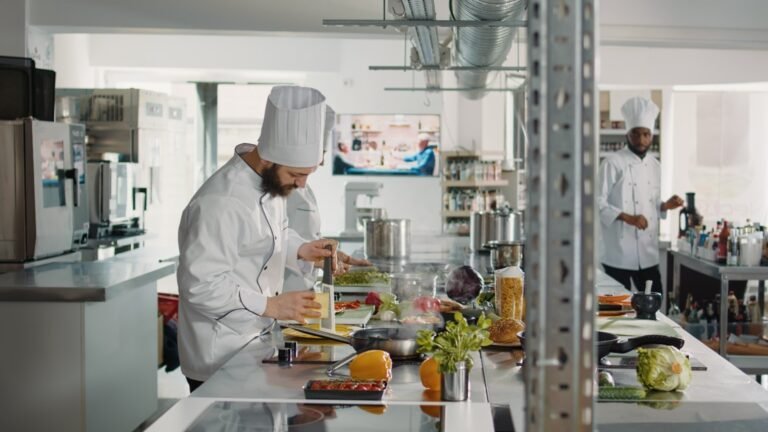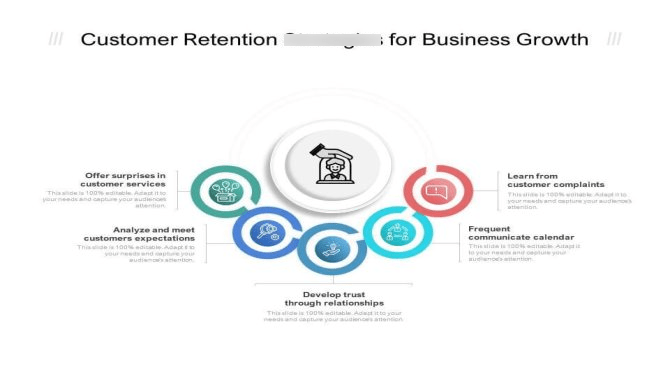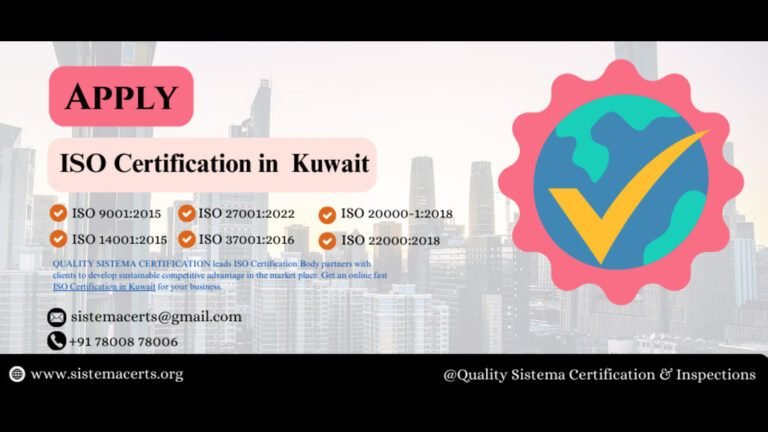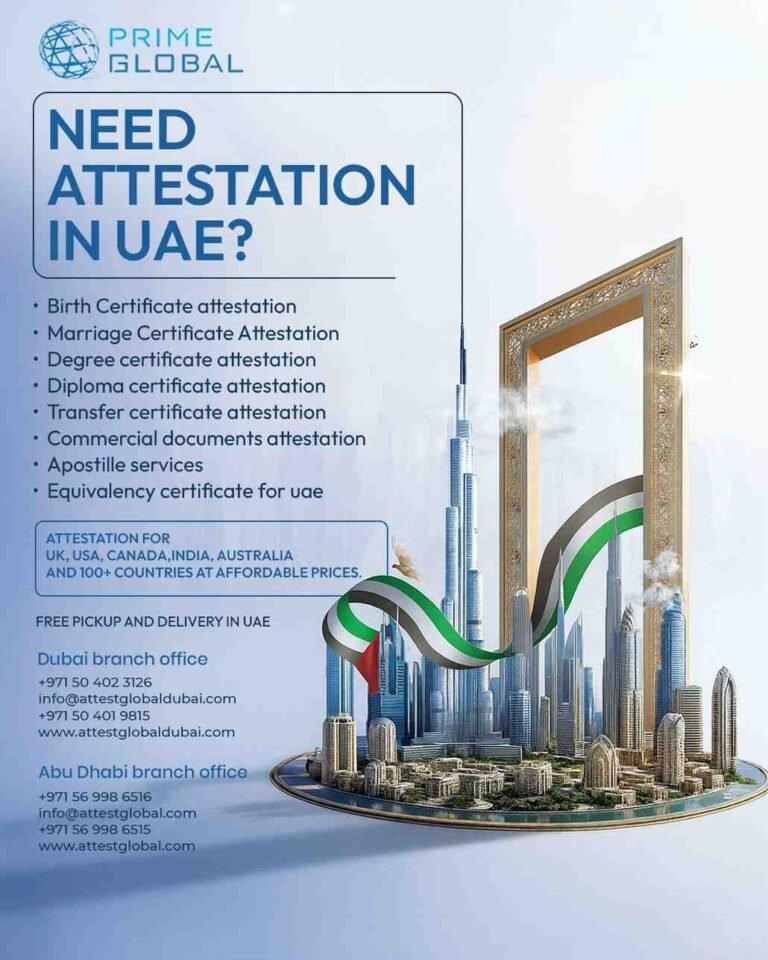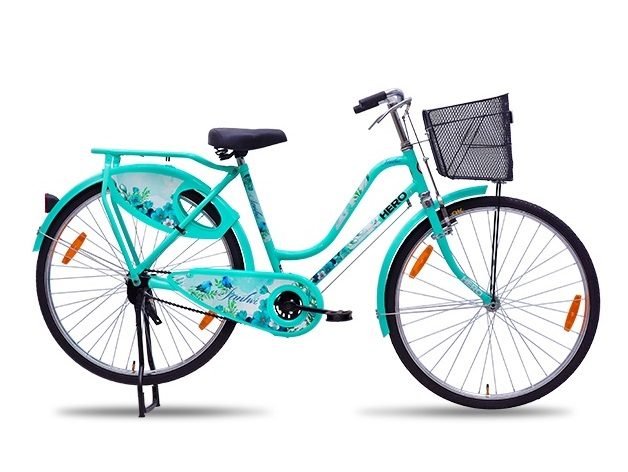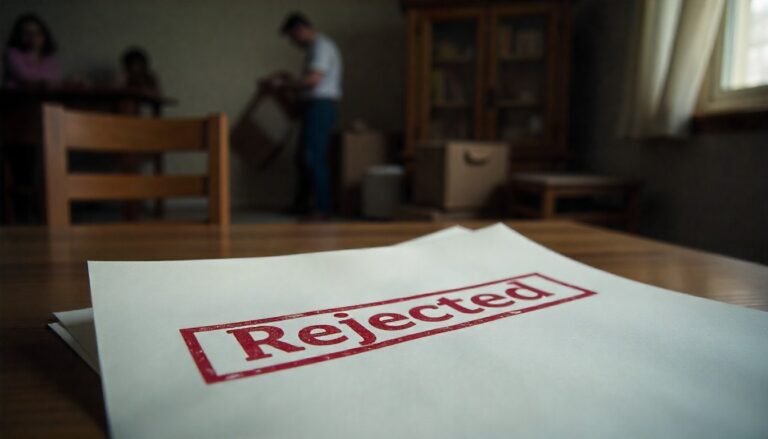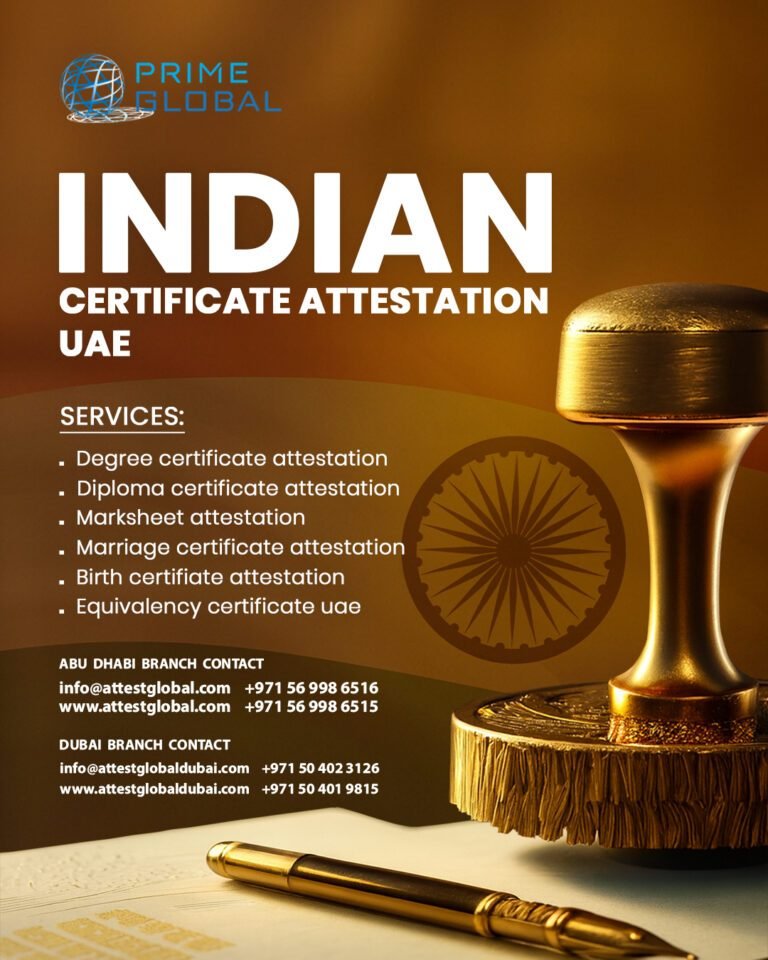Introduction
In the world of dining—whether at restaurants, events, or catered functions—differences over food and drink choices are more common than many people realise. From dietary restrictions and taste preferences to service quality and presentation, disagreements can quickly sour an otherwise enjoyable occasion. If you’ve ever been in such a situation, you’ll understand how important it is to describe ways to resolve any concerns about the choice of food and drink in a clear, respectful, and practical manner. We will explores the common causes of these disputes, along with proven strategies to address and prevent them.
Understanding the Root Causes of Food & Drink Disputes
Before looking at solutions, it’s essential to identify why these disagreements occur. Common causes include:
- Mismatched Expectations – Guests expecting premium ingredients or a certain presentation might be disappointed if their order doesn’t match their vision.
- Dietary Restrictions & Allergies – Unclear communication about food intolerances or preferences can lead to misunderstandings or even health risks.
- Service Errors – Incorrect orders, delays, or mix-ups between tables can create dissatisfaction.
- Quality & Freshness Concerns – Guests may feel the food or drinks do not meet the promised standard in taste, temperature, or freshness.
- Cultural or Religious Preferences – Certain ingredients or preparation styles may be unacceptable due to personal beliefs.
Understanding the root cause helps you address the problem at its source rather than merely dealing with the surface issue.
Stay Calm and Listen First
When a dispute arises, emotions can run high. The first step is to stay calm and actively listen to the concerns. Customers who feel heard are more likely to cooperate in finding a solution. Avoid interrupting or making defensive remarks—this can escalate tension. Instead, let the person explain their issue fully before responding.
Active listening not only builds trust but also helps clarify the specific problem—whether it’s about taste, portion size, incorrect ingredients, or drink quality.
Acknowledge and Apologise
Acknowledgement is a powerful tool in dispute resolution. Even if you believe the complaint is minor or unfounded, recognising the other person’s feelings goes a long way. A sincere apology can instantly reduce hostility.
For example:
- “I understand why you’re upset about the wine being served warm. I’m really sorry this happened, and I’ll address it right away.”
The key here is sincerity. An empty or robotic apology can make the situation worse.
Offer a Practical Solution Quickly
Once you’ve understood the issue, offer a solution without unnecessary delay. The type of solution will depend on the nature of the dispute:
- Wrong Order? Replace the item immediately and, if possible, provide a complimentary side dish or drink to make up for the inconvenience.
- Temperature Issues? Reheat or chill the food/drink promptly and ensure it meets expectations before serving again.
- Allergy Concerns? Remove the dish from the table and prepare a safe, suitable replacement.
- Unsatisfactory Taste? Offer an alternative dish or drink that aligns more closely with the guest’s preferences.
Speed matters—delays in resolution can prolong frustration and increase the likelihood of negative feedback.
Provide Options, Not Ultimatums
In many food and drink disputes, flexibility is the secret to success. Providing a range of options allows the customer to feel empowered in the resolution process.
For example:
- “We can either replace your dish with something you’d prefer, or we can prepare it again according to your exact specifications.”
Giving choices avoids the “take it or leave it” impression, which often leaves people feeling unheard or undervalued.
Document the Issue for Future Prevention
If a particular type of complaint happens more than once, it’s not just bad luck—it’s a signal that something in the process needs fixing. Document disputes and review them with your team to prevent recurrence.
Examples of preventive measures include:
- Updating menus to clearly state ingredients and portion sizes.
- Training staff on how to handle dietary requests.
- Improving quality control during food and drink preparation.
This proactive approach not only reduces future disputes but also improves customer satisfaction long-term.
Communicate Clearly from the Start
A significant portion of disputes can be prevented through clear communication before the food or drink even reaches the table. Strategies include:
- Menu Clarity – Include detailed descriptions, allergen warnings, and portion indicators.
- Staff Training – Ensure servers confirm special requests or preferences when taking orders.
- Expectation Setting – Be transparent about preparation times, availability of ingredients, or any limitations.
When customers know exactly what to expect, misunderstandings are far less likely to occur.
Handle Online Food & Drink Complaints with Care
Not all disputes happen in person. In today’s digital age, customers may voice dissatisfaction through social media or review platforms. The same principles apply—acknowledge, apologise, and offer a resolution.
A good online response might be:
- “We’re sorry to hear about your recent experience. We take your feedback seriously and would like to discuss it further. Please contact us directly so we can make this right.”
Public responses show other customers that you take complaints seriously, while private conversations allow for more detailed resolution
Train Staff to Handle Disputes Professionally
A well-trained team can often prevent small concerns from becoming major problems. Training should include:
- Active listening skills.
- Conflict de-escalation techniques.
- Knowledge of menu items, preparation methods, and ingredient details.
- Empowerment to offer quick fixes without waiting for manager approval.
When staff feel confident in handling disputes, they can turn potentially negative experiences into positive customer interactions.
Go the Extra Mile
Sometimes, solving a dispute isn’t just about fixing the immediate problem—it’s about creating a memorable recovery experience.
For example:
- Offering a complimentary dessert after resolving a food complaint.
- Providing a voucher for a future visit.
- Personally following up to ensure satisfaction.
These gestures show customers that you genuinely value their patronage, encouraging loyalty even after a negative incident.
Final Thoughts
Food and drink disputes are inevitable in hospitality, but they don’t have to end badly. By staying calm, listening attentively, acknowledging concerns, and offering practical solutions, you can transform potential conflicts into opportunities to build stronger customer relationships. The ability to describe ways to resolve any concerns about the choice of food and drink is not only a vital skill for restaurant and event managers but also a cornerstone of excellent service.
When handled well, these situations can leave customers feeling more valued than if everything had gone perfectly in the first place—a testament to the power of thoughtful resolution strategies.


















































